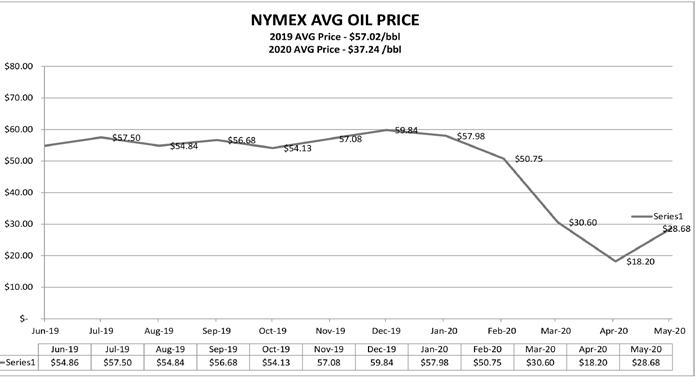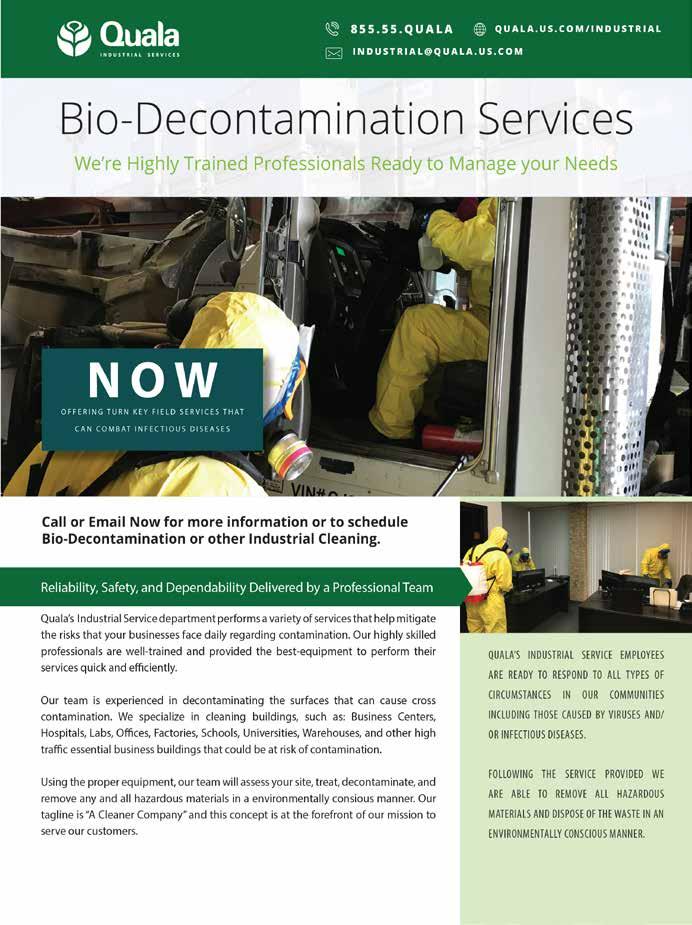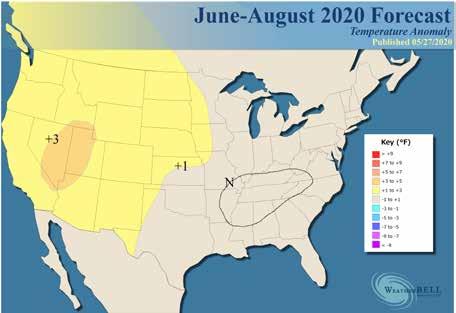
3 minute read
Industry News
The Honorable Patrick Morrisey
Attorney General Morrisey Leads National Efforts on Industry Issues
Editor’s Note: These articles were originally shared on the web site of the West Virginia Record. Both articles were written by Kyla Asbury, the first on June 20 and the second on June 18.
WOTUS
West Virginia Attorney General Patrick Morrisey praised a decision by California federal court to uphold the Trump administration’s Navigable Waters Protection Rule.
Morrisey said that the California federal court agreed with the stance that a 23-state coalition led by West Virginia and Georgia took regarding the rule, denying a request to stop the rule from going into effect next week.
“Our motion to intervene in this matter ensures that our nation maintains high water quality standards while minimizing the regulatory and economic impact on farmers, job creators and landowners,” Morrisey said. “This is an important victory at an early stage in this case that makes us even more confident about the strength of our position as the case moves forward.”
Morrisey applauded the law.
“Upholding the Trump administration’s Navigable Waters Protection Rule will give greater certainty to farmers and landowners with predictable and reasonable lines between waters subject to federal and state regulation,” Morrisey said.
Morrisey also said the coalition of states felt the rule was balanced and responsible.
“West Virginia and our partners contended the Trump administration’s rule strikes the proper balance between the roles of federal regulators and states in protecting land and water resources in that it shows West Virginia Attorney General respect for the primary responsibility and right of states to regulate their own water resources,” Morrisey said. “The Trump administration rule also corrects flaws within the Obamaera regulation, which extended the authority of the EPA and the U.S. Army Corps of Engineers far beyond what Congress intended and the Constitution permits.”
U.S. District Judge Richard Seeborg noted in his denial order that the cities and states that opposed the rule were not able to demonstrate that it violated the Clean Water Act or that it caused enough damage to the environment to justify him issuing a preliminary injunction.
Pipelines
West Virginia Attorney General Patrick Morrisey partnered with Texas Attorney General Ken Paxton and 16 other states to ask the U.S. Supreme Court to stay a court order that affects the construction of an oil and gas pipeline.
“The lower court transformed a case challenging application of a permit on one pipeline project into a nationwide injunction affecting new oil and gas pipelines in every state, including West Virginia — no matter their length, purpose or minimal environmental effects,” Morrisey said. “This decision hurts real, everyday working people. The Supreme Court should pause this terrible order before it has far-reaching effects.”
With the lower court ruling, which brought about an unexpected halt to many construction projects, the 18-state coalition is arguing that without a stay to block its enforcement, it will disrupt the economy and the energy resources these types of projects provide nationwide.
The motion for leave to file an amicus brief and the brief were filed in the U.S. Supreme Court. The original lawsuit focuses on a U.S. Army Corps of Engineers permit that was used to authorize the Keystone XL pipeline.
The coalition contends that the district court order inappropriately used that issue to strike down all projects that employed the same permitting process. The 18-state coalition argues that the district court ruling will make needed infrastructure projects significantly more costly and time-consuming — and potentially render some completely unfeasible.
The court document notes that absent a stay, decision-makers for new oil and gas projects will face a lose-lose proposition.
“They could take the district court up on its alternative, sinking time and money into the individual permitting process, or they could wait to start construction until the Corps’ position is ultimately vindicated,” the document states. “Either option will potentially add years to the timelines of projects that require substantial capital investment.”
The states argue that some projects likely will not survive these setbacks.
“The district court was therefore too cavalier when dismissing these concerns as mere ‘temporary economic harms,’” the document states.
Editor’s Note: This is IOGAWV’s statement on the ACP decision.
The Independent Oil and Gas Association of West Virginia (IOGAWV) is pleased to acknowledge appreciation for the decision of Morrisey Says Continued on page 14






